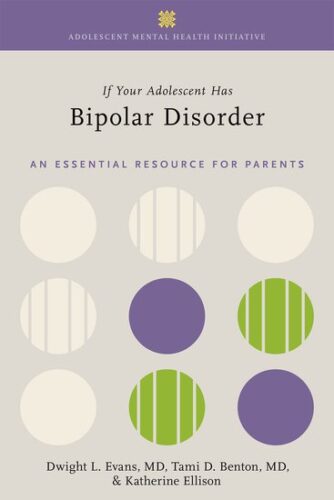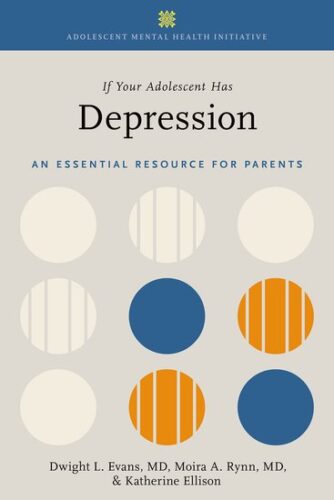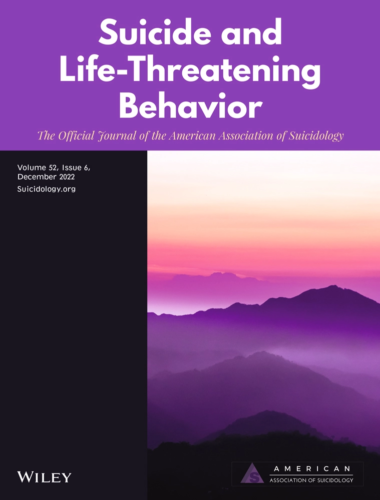A report from the Annenberg Public Policy Center explains why the federal vaccine safety reporting system, or VAERS, should be renamed.
Health
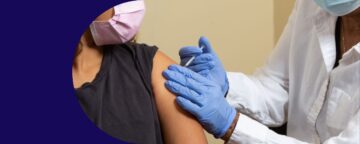

‘If Your Adolescent Has an Eating Disorder’ Available as Free Download
"If Your Adolescent Has an Eating Disorder," a guide for parents developed by the Adolescent Mental Health Initiative, is now available here as a free PDF download.

Instead of Refuting Misinformation Head-On, Try ‘Bypassing’ It
A new study co-authored by Dolores Albarracín finds that redirecting an individual’s attention away from misinformation and toward other beliefs can be as effective as debunking it.

Women of Childbearing Age More Doubtful About Safety of Flu, Covid-19 Vaccines During Pregnancy
The policy center's spring 2023 ASAPH report finds that women of childbearing age are more likely than other adults to doubt the safety of vaccination against Covid-19 and flu during pregnancy.
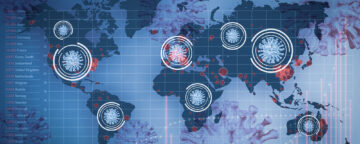
Some Covid Statistics More Effective Than Others at Changing Behavioral Decisions
A new study from Dolores Albarracín and Haesung Annie Jung finds that some Covid-19 statistics are more effective than others at encouraging people to change their behavior.
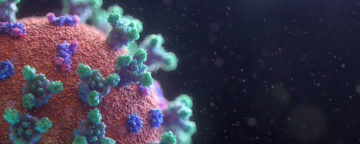
APPC Receives Support to Expand Model to Combat Deceptive Claims About Health
The Annenberg Public Policy Center has received support from the Robert Wood Johnson Foundation to expand a new model for blunting the impact of deceptive claims about health.

Seasonal Changes in Adolescent Suicide Explain Controversial ’13 Reasons Why’ Findings
An analysis of weekly suicide data finds that seasonal fluctuations can explain controversial findings that the adolescent suicide rate increased with release of “13 Reasons Why."
